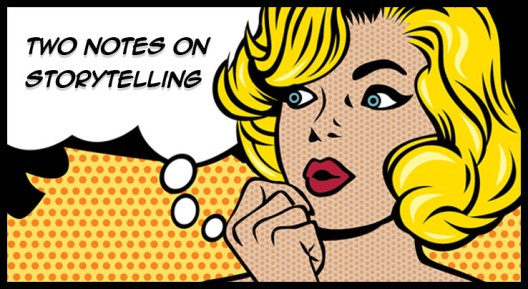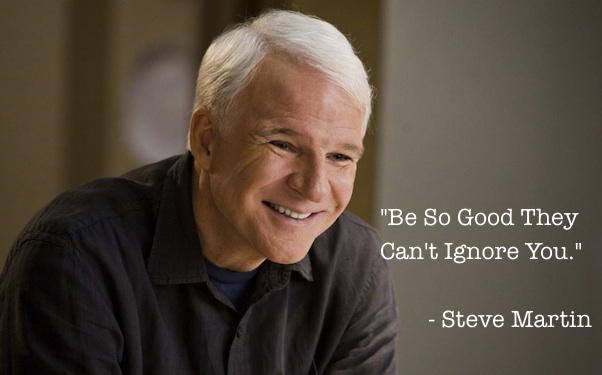
Did you know that literary talent and story talent are not the same thing?
Literary talent is the use of words. It’s the ability to create beautiful sentences and spin a stunning metaphor. It’s the language of imagery, the emotion of a carefully placed consonant, crafty dialogue, and gorgeous descriptions.
But according to Robert McKee in his book Story “literary talent is common.” Where as story talent (in his opinion) is rare. He goes on to say that “literary and story talent are not only distinctively different but are unrelated, for stories do not need to be written to be told. Stories can be expressed any way human beings can communicate. Theater, prose, film, opera, mime, poetry, dance” (27).
Story talent is rare.
But what is story talent? Well, it’s everything else you are telling the story with. It’s the underlying life that the words evoke. It’s what you’d tell you story with if you couldn’t use words. It’s the character, plot, structure, and elements you use to construct your story. I like to think of this as the story design part of writing. The piece of you who must consider which piece goes where and why, and design the story so each of those pieces is essential. McKee defines story talent as “the creative conversation of life itself to a more powerful, clearer, more meaningful experience” (27).
To be a good writer you need to have both of these talents. You must master literary craft, but you must also master story design craft.
It was an important milestone in my personal writing journey to realize that these were not the same thing. In fact, I often find I might agree with McKee’s statement that story talent is rare. When a book is weak, it is seldom the literary writing that has disappointed me, but the design and telling of the story itself that I have problems with. Additionally, books lacking in beautiful phrases and witty dialogue, somehow still have me turning pages because the design of the story is so good. Which do you find lacking in the books you read? Literary talent or story talent?
Also, when people say “this book is really well written,” I find myself wondering if they mean the literary words or the story design? When you think a book is good, which part of the book are you talking about?

McKee, Robert. Story: Substance, Structure, Style and the Principles of Screenwriting. New York: IT Books, 1997.



Did you know that literary talent and story talent are not the same thing?
Literary talent is the use of words. It’s the ability to create beautiful sentences and spin a stunning metaphor. It’s the language of imagery, the emotion of a carefully placed consonant, crafty dialogue, and gorgeous descriptions.
But according to Robert McKee in his book Story “literary talent is common.” Where as story talent (in his opinion) is rare. He goes on to say that “literary and story talent are not only distinctively different but are unrelated, for stories do not need to be written to be told. Stories can be expressed any way human beings can communicate. Theater, prose, film, opera, mime, poetry, dance” (27).
Story talent is rare.
But what is story talent? Well, it’s everything else you are telling the story with. It’s the underlying life that the words evoke. It’s what you’d tell you story with if you couldn’t use words. It’s the character, plot, structure, and elements you use to construct your story. I like to think of this as the story design part of writing. The piece of you who must consider which piece goes where and why, and design the story so each of those pieces is essential. McKee defines story talent as “the creative conversation of life itself to a more powerful, clearer, more meaningful experience” (27).
To be a good writer you need to have both of these talents. You must master literary craft, but you must also master story design craft.
It was an important milestone in my personal writing journey to realize that these were not the same thing. In fact, I often find I might agree with McKee’s statement that story talent is rare. When a book is weak, it is seldom the literary writing that has disappointed me, but the design and telling of the story itself that I have problems with. Additionally, books lacking in beautiful phrases and witty dialogue, somehow still have me turning pages because the design of the story is so good. Which do you find lacking in the books you read? Literary talent or story talent?
Also, when people say “this book is really well written,” I find myself wondering if they mean the literary words or the story design? When you think a book is good, which part of the book are you talking about?

McKee, Robert. Story: Substance, Structure, Style and the Principles of Screenwriting. New York: IT Books, 1997.







I so love this post, Ingrid. I’ve been pondering the same thing. I’m reading a book now that probably lacks the definition of literary talent you mentioned. But boy is it a page turner! It probably won’t win any awards, but it will probably sell a ton of copies. I doubt that the author cares about the awards aspect.
I’m inspired by many different things: dance, theater, graphic novels, paintings. They all, as you mention, tell stories that move me deeply.
This is excellent! I’ve long admired writers that spellbind us with story rich in character, prose, dimension…
Last week this was posted by a friend on FB about good versus talented writing: http://www.brainpickings.org/index.php/2013/05/20/good-writing-vs-talented-writing/
Defining and quantifying what is truly inspired remains a lively topic. And oh-so subjective.
Wouldn’t it be fascinating to examine the inner workings of a writer on fire?
Thanks for your post!
Carmela – Thank you so much for sharing this link. I just read it and need to think on it for a bit!
Glad you enjoyed the post. I think the best books have both – literary and story talent! And it’s interesting to study those art forms that don’t use words (dance, film, theater, music) to see what it is that is telling the story and see if we can use it to influence our own work.
Rings so true, I’ve just have never set the two apart. For me it’s the telling of the story that I cannot resist.
An excellent post! hmmm… think I need more story talent because words and how to put them together is not an issue at all after a creative writing degree, but I am still mystified about structure and plotting and how to get past the poetry of the words. Thanks for posting!